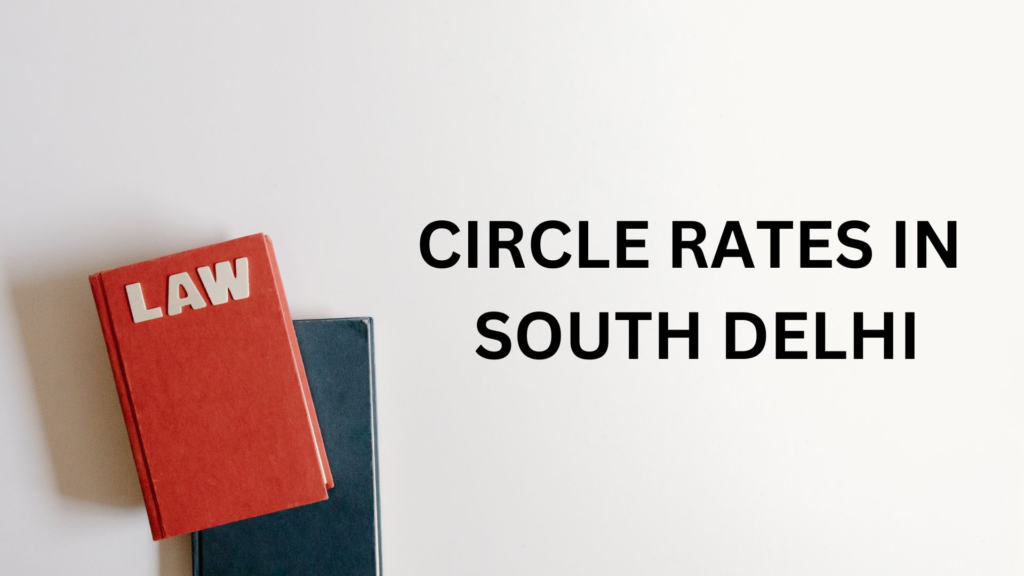Relinquishment Deed
Relinquishment Deed is a document which enables one co-owner to renounce his rights/title /interest in the property and transfer to the another co-owner.
Relinquishment deed can be executed between co-owners only. A person cannot relinquish his/her share in a property to a third party.
As per Section 17(1)(b) of the Registration Act 1908, any instruments which purport or operate to create, declare, assign, limit or extinguish, whether in present or in future, any right, title or interest, whether vested or contingent, of the value of one hundred rupees and upwards, to or in immovable property must be compulsorily registered.
Therefore, a Relinquishment Deed to be legally binding must be registered at the office of the Sub-Registrar.
The Indian Stamp Act in Delhi provides for fixed stamp duty (Rs.100) on instruments of transfer which release/relinquish the share of the transferor in favour of another co-owner.
Gift Deed
Section 122 in The Transfer of Property Act, 1882 defines “Gift” as under:-
“Gift” is the transfer of certain existing moveable or immoveable property made voluntarily and without consideration, by one person, called the donor, to another, called the donee, and accepted by or on behalf of the donee. Acceptance when to be made.—Such acceptance must be made during the lifetime of the donor and while he is still capable of giving. If the donee dies before acceptance, the gift is void.
Gift Deed is a document which enable a person to voluntarily transfer a property to another person.
The Gift must be of existing property. According to section 124 of the Transfer of Property Act, 1882 , gift of future property is void. A bare perusal of aforesaid provision makes it clear that a gift in respect of a non existence and/or future property is void. In Commissioner of Income-tax, Kanpur versus Dr. R.S. Gupta AIR 1987 SC 785, Supreme Court has observed that in order to constitute a valid gift there must be an existing property.
Gift Deed attracts stamp duty at ad valorem rates on the market value of the property.
To be legally binding Gift Deed must be registered at the office of the Sub- Registrar.
Gift once made and accepted by the donee and cannot be revoked later on except on the ground that the consent of the donor was obtained by fraud, undue influence or coercion.
Whether a document / instrument is a Relinquishment deed or a Gift deed?
Hon’ble Delhi High Court recently in Tripta Kaushik vs Sub Registrar Vi-A, Delhi & Anr laid down “Test” to determine whether an instrument/document is construed to be a Relinquishment deed or a Gift deed.
The test to determine whether an instrument can be considered as a Release/Relinquishment Deed can be summarized as under:-
a. In determining whether the document is a release or Gift/Conveyance, the nomenclature used to describe the document or the language which the party may choose to employ in framing the document, is not a decisive factor. What is decisive is the actual character of the transaction intended by the executants;
b. Determination of the nature of the document is not a pure question of law;
c. Where a co-owner renounced his right in a property in favour of the other co-owner, mere use of word like „consideration‟ and „transfer‟ would not affect the true character of the transaction;
d. What is intended by a Release Deed is the relinquishment of the right of the co-owner;
e. Co-ownership need not be only through inheritance, but can also be through purchase;
f. Where the relinquishment of the right by the co-owner is only in favour of one of the co-owner and not against all, the document would be one of Gift/Conveyance and not of “release”
Held that if the relinquishment by the co-owner is only in favour of one of the co-owners and not all the co-owners, that document will be a Gift deed and not a Relinquishment deed.
Illustration -1
Mr. A dies leaving behind two sons and a daughter and without leaving a will. The property upon demise of Mr. A devolved equally upon two sons and a daughter.
Now, if the daughter decides to renounce her interest in the property and relinquish her shares in favour of the remaining co- owners, that is the two brothers. It will be a Release/ Relinquishment whereas if the daughter decides to transfer her interest in favour of a younger brother alone instead of the all remaining co-owners. The same therefore, will amount to a Gift and not a Release/Relinquish.
Illustration -2
Mr. A dies leaving behind a Son and a daughter and without leaving a will. The property upon demise of Mr. A devolved equally upon son and a daughter.
Now, if the Son decides to give the property entirely to his sister and executes a “Gift Deed” transferring his share to his sister, then it will attract hefty Stamp Duty at ad-volrem rate on the market value of the property.
But If Son instead of a “Gift Deed” executes a “Relinquishment Deed” renouncing his interest in the property in favour of the only remaining co-owner i.e his Sister, It will be a Release/Relinquishment attracting fixed stamp duty of Rs.100/- (as held in para 31 of the aforesaid judgement).
Compiled by: Rahul Vaidya [B.Com (Hons), LLB (DU) ] specializes in Real Estate transaction and legal advisory. For consultation you may contact Rahul Vaidya at +91 9971212323
Disclaimer: The information provided above aims to provide helpful information on the subject discussed. The information is meant to serve as a general guide and not meant to be used, as the ultimate source of information and should not be construed as legal advice on any subject matter.
We disclaim all liability for actions you take or fail to take based on any content on this site. The author or the firm is not responsible to any person or entity with respect to any loss, incidental or consequential damage caused or alleged to have been caused, directly or indirectly, by the information or any omission thereof.
(C) All Rights Reserved


